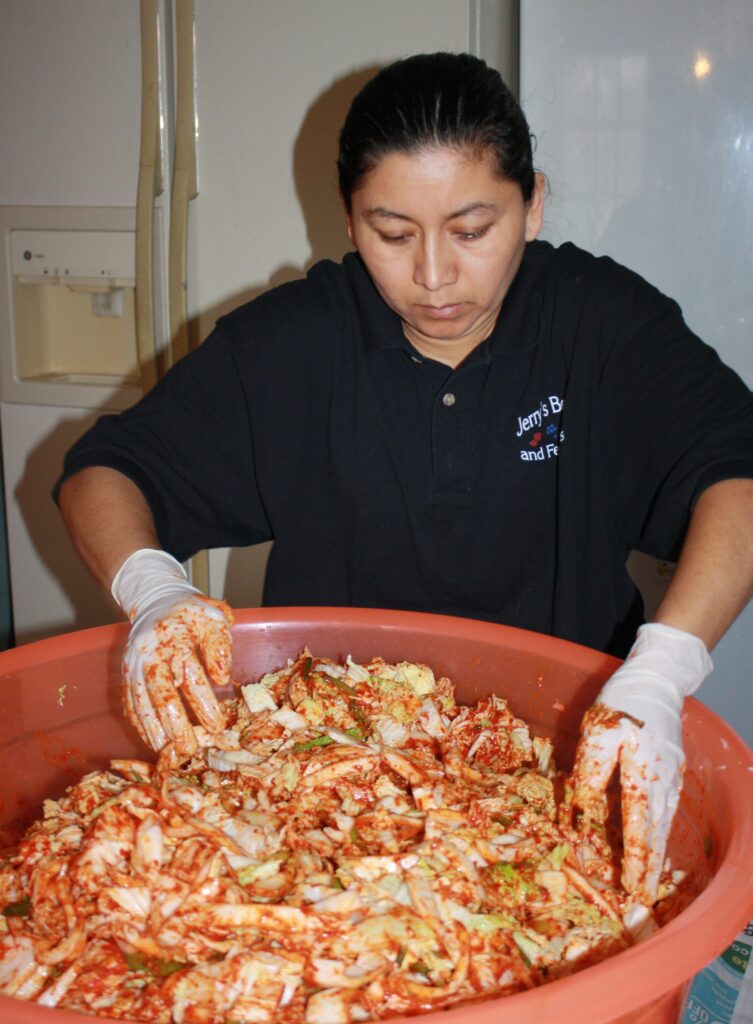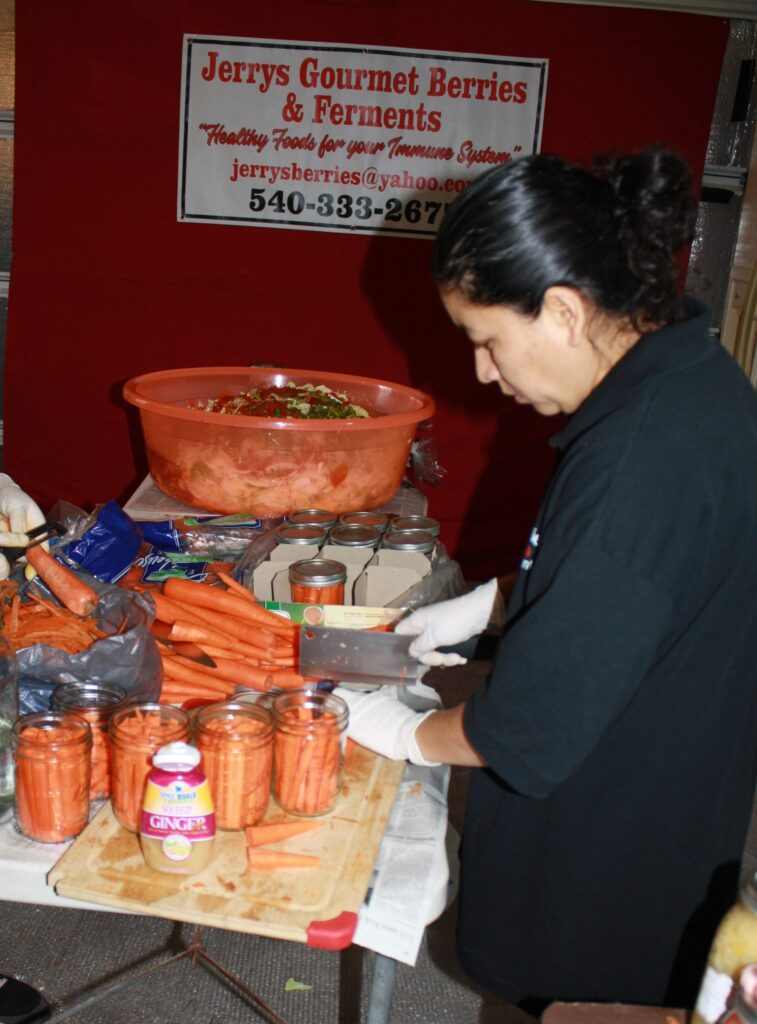 . I started my working career far from the healthy food industry.
. I started my working career far from the healthy food industry.
I graduated from the Massachusetts Institute of Technology (MIT) as a burgeoning young rocket scientist. After spending five years as a United States Air Force officer at the Rocket Propulsion Laboratory, I transitioned to an Aerospace Company, Atlantic Research Corporation (ARC) that specialized in propulsion for military systems. After earning an MBA from George Mason University in Virginia, I moved up the manager chain ending up as a Vice President of Strategic Planning and Acquisitions. Part of this job involved traveling to Europe, Asia, and South America looking for new technologies to license or exploit for my company (ARC).
In my travels over 20 years, I began to notice a correlation between the foods people ate and their health. Several foods emerged as having a disproportionate impact on health and wellness, one was Aronia juice (85% of which was produced in Eastern Europe) and fermented foods (produced extensively around the world). I began researching the two food groups.
The medical studies on aronia berries were widespread and pointed to a strong role in controlling system inflation in the human body, which correlates with heart disease, cancer, and diabetes. It also appeared to have an impact on life expectancy. Many of the 100+ year old occurrences were in regions where aronia juice is consumed.
So, when I retired from the aerospace world I started an organic berry farm in Woodstock, Virginia specializing in blueberries and aronia berries. I continued to research fermented foods and found a wealth of data regarding the impact on human health. It turns out that the impact of eating fermented foods is extensive but poorly understood. They have been around for thousands of years as the first food preservation technique developed by humans. The University of Leipzig in Germany found that receptors exist in human digestive systems that recognize the bacteria in fermented foods and respond by boosting the immune system.
Interestingly, only humans and apes have these receptors. The theory is that they were developed during the evolutionary process, gradually allowing us to eat rotting fruit and vegetables off the ground without getting sick.
The impact of fermented foods is profound because it interacts with the human biome, the poorly understood pervasive impact of bacteria on the human body.
I continue research on these two foods and their impact on the human body as well as making these products to sell at farmers markets, local markets, and now online. I passionately believe in the benefits of these foods and continue my research with the intention of writing a book documenting the results on human health.


Watch our Curtido being made
